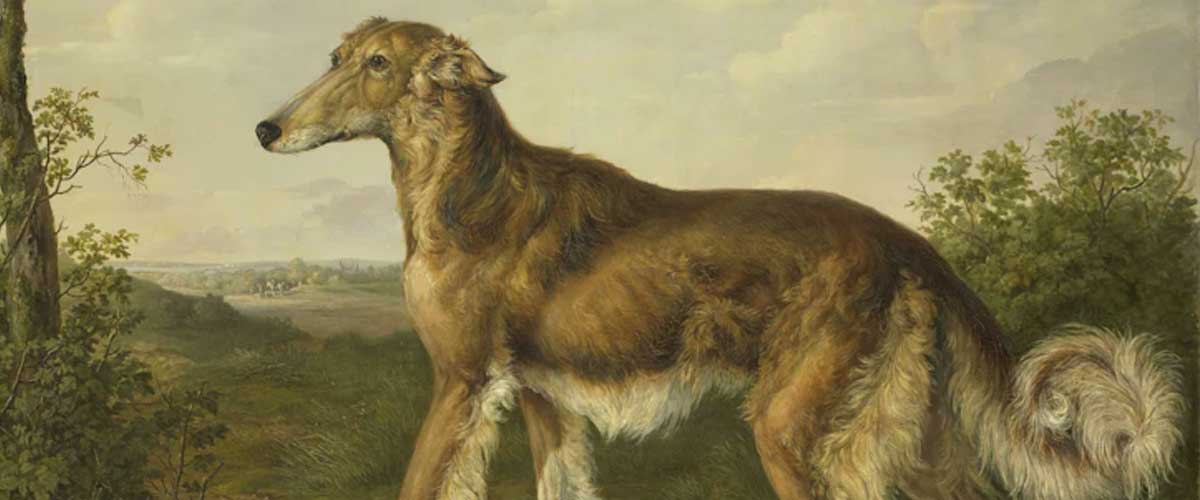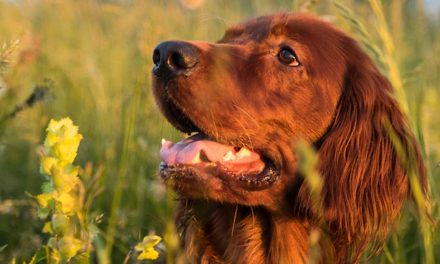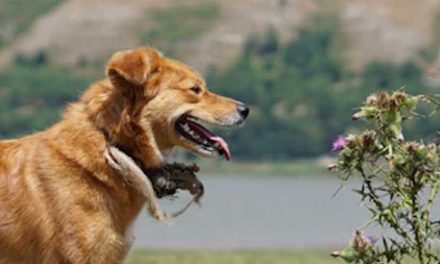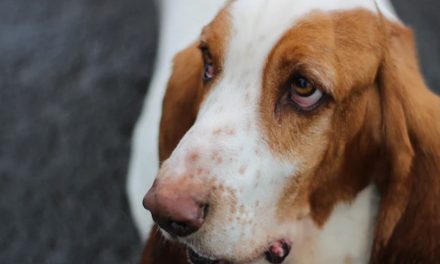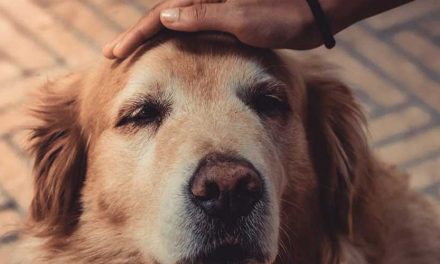Throughout history, dogs have held a special place in human society, evolving from wild creatures to beloved companions.
Their journey alongside humankind dates back thousands of years, particularly in ancient civilizations where their roles varied widely.
Roles of the Canine
From hunters and protectors to symbols of loyalty and divinity, canine companions shaped human culture and had a lasting impact on the development of societies around the world.
In ancient Egypt, dogs were revered for their protective qualities and were often linked to the goddess Bastet, who represented home, fertility, and domesticity.
Dogs were commonly seen as family members, and many Egyptians mummified their pets, ensuring they received the same respect in the afterlife as their human counterparts.
This practice illustrates the deep bond shared between dogs and their owners, reflecting the emotional and spiritual significance of canine companions in everyday life.
Dogs of Eqypt
The ancient Egyptians’ admiration for dogs not only strengthened familial bonds but also reinforced the idea of loyalty and companionship, values that continue to resonate in society today.
Similarly, in Mesopotamia, dogs served practical purposes as herders, hunters, and guards.
The Sumerians, one of the first known civilizations, crafted laws that protected animals, including dogs.
Important Members of the Community
This legal recognition underlines the importance of dogs as more than mere pets; they were essential members of the household, integral to agricultural society.
Archaeological finds, such as tablets depicting dogs with hunters or flocks, highlight their role in enhancing human productivity.
These relationships were mutually beneficial; while dogs provided tangible assistance in hunting and guarding, they also received care and shelter from the humans they aided.
In the Americas, indigenous cultures also recognized the vital roles dogs played in their communities.
Dogs were domesticated for their ability to assist in hunting and in some cases, for their value as a source of food.
Working Dogs
The Inuit people relied heavily on dogs for sledding, significantly impacting transportation and trade in the Arctic regions.
Much like their counterparts in other parts of the world, these canine companions fostered cooperation among community members, enabling them to work together more effectively in challenging environments.
The collaboration between humans and dogs emphasized the interdependence of species and demonstrated how dogs contributed to survival and cultural development.
Ancient Greece and Rome further exemplified the complex relationships between humans and dogs.
Dogs of Greece
In Greece, dogs were often seen as models of loyalty and fidelity, inspiring literature and philosophy.
The famous philosopher Plato noted that dogs displayed the best qualities of humanity, demonstrating loyalty and love unconditionally.
Additionally, Roman society celebrated dogs for their protective attributes, and they became symbols of household security, often depicted in artwork alongside their human families.
The mutual affection and companionship illustrated in these sentiments laid the foundation for the enduring depiction of dogs as “man’s best friend.”
Culture and the Canine
In Eastern cultures, such as in China, dogs have been considered auspicious symbols, associated with good fortune and prosperity.
The Chinese Zodiac features the dog as one of its twelve animals, emphasizing its importance within the cultural fabric.
Festivals and traditions involving dogs underline their significant place in social rituals, showcasing the deep-rooted love and respect for these animals throughout history.
The admiration for dogs transcended practical roles and became woven into the very fabric of ancient social structures.
Their presence inspired cultural representations in art, literature, and religion, and their perceived loyalty and companionship reinforced communal values.
Evolution of Man and Dog
As civilizations evolved, the bond between humans and dogs deepened, culminating in the relationships we see today.
Ultimately, canine companions have profoundly impacted human society since ancient times through roles as helpers, protectors, and family members.
Their influence is still felt today, reminding us that the connection between humans and dogs is not just a contemporary phenomenon but a narrative woven through time.
As we reflect on this rich history, it is clear that the companionship of dogs has greatly shaped our communities, our cultures, and ultimately, our identities.

